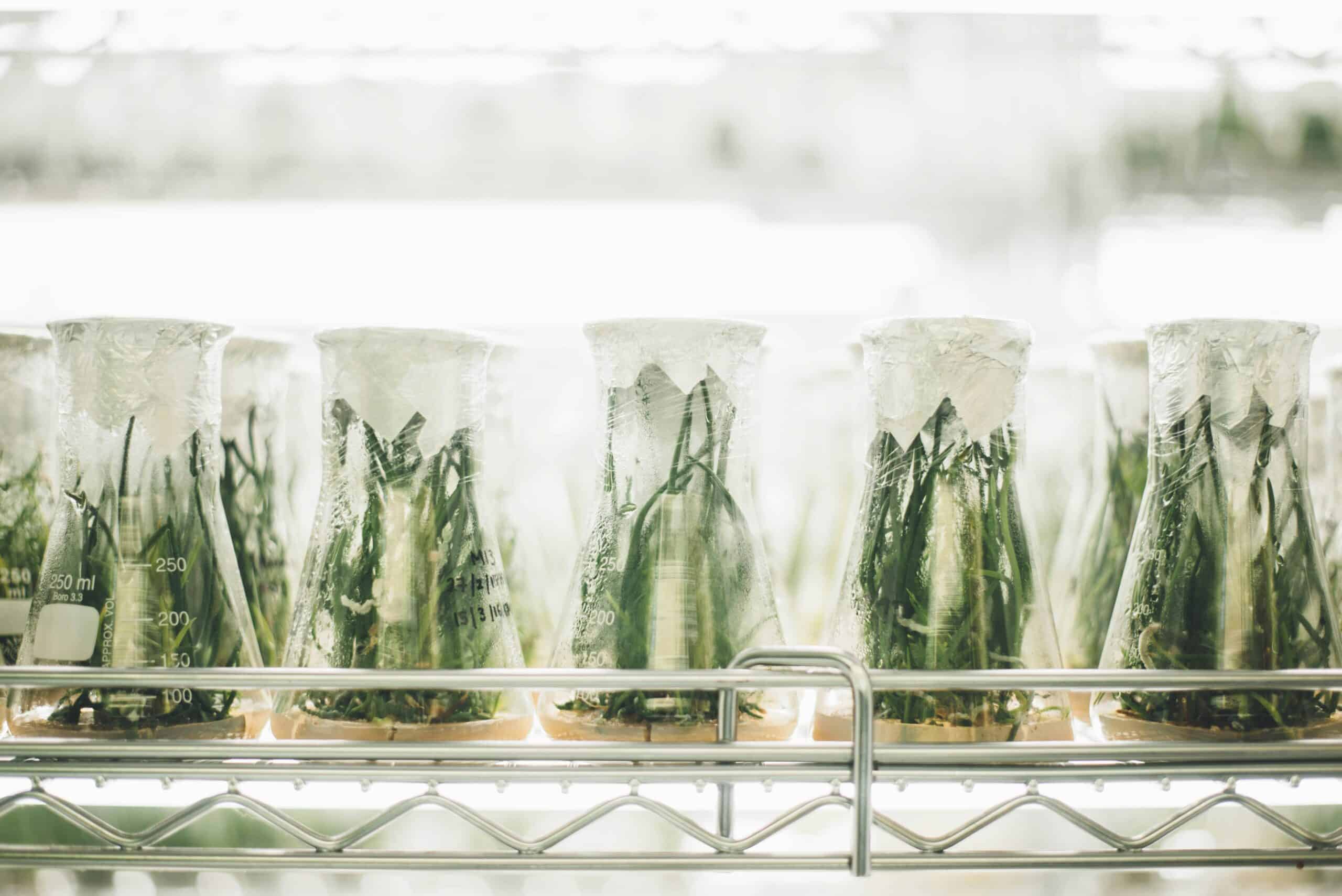Key Takeaways
- Capgemini introduces a generative AI-driven protein engineering methodology using a specialized protein large language model (pLLM).
- The approach reduces required data points by over 99%, accelerating research and reducing costs.
- Applied use cases include plastic degradation efficiency (+60%) and faster bioengineering innovations.
- Developed by Cambridge Consultants, Capgemini’s deep tech division.
- The methodology aims to advance bioeconomy applications in healthcare, agriculture, and sustainability.
AI-Powered Protein Engineering: A Step Forward for the Bioeconomy by Capgemini
Capgemini has announced a new generative AI-driven approach to protein engineering, leveraging a patent-pending methodology to predict the most effective protein variants. The solution, built on a protein large language model (pLLM), is designed to accelerate the development of biosolutions across industries such as healthcare, agriculture, and environmental science.
By significantly reducing the data required to engineer proteins, this AI-driven methodology can cut research and development (R&D) timelines, making previously unviable biosolutions commercially feasible.
“Our new methodology is faster, more cost-effective, and opens the door to new opportunities for clients to develop innovative bio-based solutions,” said Roshan Gya, CEO of Capgemini Invent.
Addressing the Data Bottleneck in Bioengineering
Many biotechnology breakthroughs are hindered by data limitations and experimental bottlenecks. Capgemini’s new methodology minimizes these constraints, allowing researchers to:
- Develop biosolutions with significantly smaller datasets.
- Reduce experimentation cycles, accelerating discoveries.
- Enhance sustainability efforts by engineering more efficient enzymes for industrial applications.
“Capgemini’s generative AI-driven approach represents a significant leap in protein engineering,” said Prof. Stephen Wallace, Professor of Chemical Biotechnology at the University of Edinburgh. “By drastically reducing data requirements, Capgemini has fundamentally transformed the innovation timeline in bioengineering.”
Real-World Applications of AI in Protein Engineering
Capgemini has applied this AI-powered methodology across multiple bioengineering challenges:
🔹 Improving Plastic Degradation Efficiency (+60%)
Capgemini’s generative AI-enhanced cutinase enzyme increased PET plastic breakdown efficiency by 60%, supporting waste management and sustainability initiatives.
🔹 Reducing Experimentation for Faster Innovation
The AI-driven approach reduced protein variant testing from thousands of experiments to just 43 data points. This led to a sevenfold increase in brightness in the Green Fluorescent Protein (GFP) benchmark, accelerating applications in drug discovery, diagnostics, and bioengineering.
These examples highlight how AI-driven protein optimization can enhance efficiency, lower costs, and drive sustainability in biological research.



1 Comment